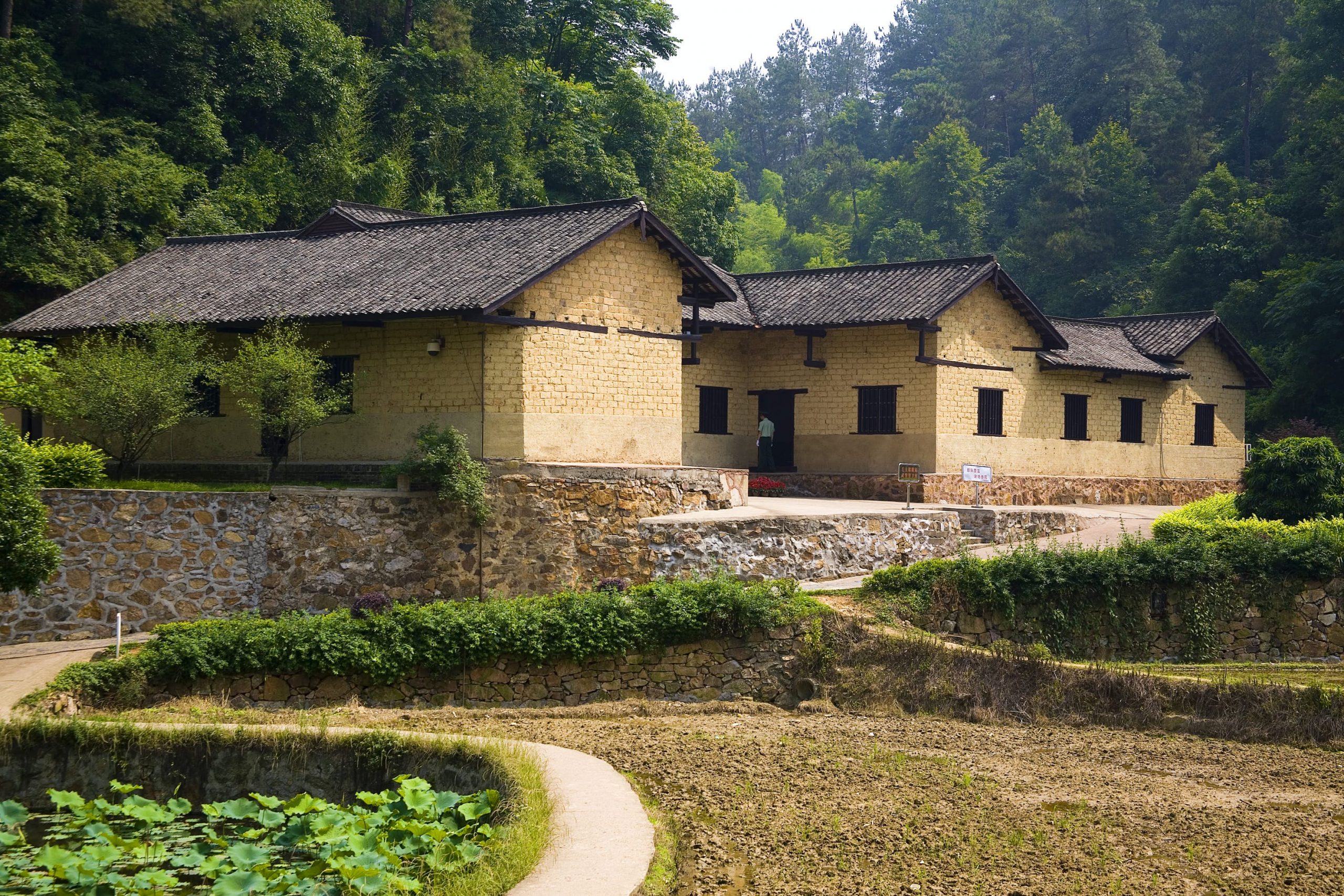I have been listening to People's History of Ideas, which is a podcast on the Chinese Revolution. In ep 28 he covers a moment that in the 60s/70s was framed in a way that was probably correct politically, but was a bit of a lie. And how that correct decision for the moment, bolstering the cult of personality, unfortunately in the long term was part of what helped the capitalist roadsters discredit Mao.
The problem here is that there is no evidence for this account, and plenty against it. Simply put, Mao was not at that Congress. And by Mao’s own account, he did not get involved with peasant organizing in Hunan until the May 30th Movement broke out. Now, Han Suyin may not have been consciously lying. She did not have access to all the materials that have made modern scholarship on China possible, and she relied heavily on interviews with people in China. So it is quite possible that she was told this by a party historian or leading party cadre who wanted to paint the history of the Chinese Revolution in this light.
This is an example, one of many, I’m afraid, where the political imperatives of the moment, as understandable as they may be, even in retrospect, have left the history of communism as written by those sympathetic to socialism as sort of cartoonish (in the portrayal of revolutionary leaders as infallible heroes) and, in some essential points, basically false or untrue. I personally think the world would be a better place today had capitalism not been restored in China, and I do think that whoever at the leading levels of the Maoist wing of the Chinese Communist Party in the 1960s decided that it would not be possible to quickly educate tens of millions of people about the economics of socialist construction and their relationship to a larger project of human emancipation, that person was basically correct. However, their answer to that problem, the amplification of Mao’s cult of personality, has in itself been a factor which has been used to discredit the project of socialism globally.
So, an unintended consequence of the imperatives of the moment, in this case during the Cultural Revolution in China, but there are other examples which can be cited as well in the history of communism as written by those sympathetic to socialist aims, an unintended consequence is that much of the history written with momentary imperatives in mind contain easily demonstrable falsehoods and unrealistic pictures of leaders and the revolutionary process in general. In the longer term, this has made it much easier for the opponents of equality and freedom to discredit the work of supporters of socialism. After all, when one can point to one demonstrably false claim in a book, it serves to undermine the credibility of everything else that person has written. And we can see that in the long run, that lack of credibility has made it more difficult for humanity to get back on track with finding a path for ending capitalism.
Just a fascinatingly nuanced perspective and one we should all keep in mind. I've been thinking about this a lot recently, how the idea of unforced errors supposes that some errors are forced. That we have to make errors at times that are genuinely correct in the moment and needed to happen, but have bad outcomes down the line. The point is to adapt
I'm not necessarily in disagreement but also I think that the liberal hegemony will seek to establish a narrative of a revolution being a one-man show.
This is partly because of the Great Man theory, partly because of liberal individualism, and partly because it's much easier pushing a narrative of there being one single oppressive totalitarian dictator vs the subjugated masses when talking about a "rogue state" than it is to approach things from a realistic and nuanced angle.
It's unbecoming of a materialist to armchair quarterback history like this but I strongly suspect that even if this error wasn't published or if the real facts were published, the narrative wouldn't look significantly different in the west because the way that news and the culture industry and politicians and pop historians craft their narratives wouldn't be affected by this; they would find a different thing to latch onto or they'd fabricate something to craft their narratives around.
An example of this sorta liberal gaze that I'm trying to drive at is how westerners will look at Mount Rushmore and think nothing of it but they'll see monuments to Kim Il-Sung and immediately the programming kicks in and they start talking about how propagandised the people of the DPRK are without even noticing the inconsistency.
The larger problem is that the framing is how it was taught in China itself. Sure the West will spin however it wants, but he was talking about how the official narrative in the PRC was Mao as an always correct lone voice of reason. The framing was always Great Man theory because the masses had not had the political development yet, but they did know Mao had won the civil war and brought them liberation. The disillusion in question is not western propaganda, but true believers and people in the socialist nation itself being told a more politically expedient history and that fact being used by revisionists to discredit communist theory.
The main subjects here are not liberals but actual Chinese citizens and how post Gang of Four Mao's fallibility was able to be used selectively. A better comparison is how Khrushchev went after Stalin for deportations and lies pertaining to them, but left out the deportations he personally had been involved in. He used the existence of a lie in order to revise history himself, and who would question his specifics when the revelation itself is true? Thus something like Mao developing politically was replaced by an infallible Mao for good reasons, but the reality allowed revisionists in the nation itself to select what else was a lie once the existence of falsehood in a broad sense was revealed.



